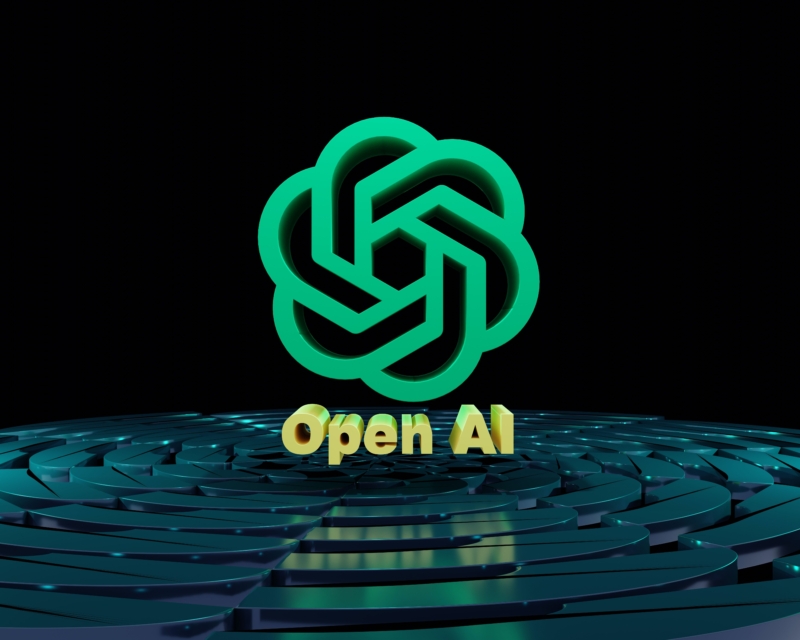Global AI Investment Expected to Surge, Reaching $200 Billion by 2025.
A groundbreaking economic analysis conducted by Goldman Sachs economists has revealed that worldwide investment in artificial intelligence (AI) technologies is on the cusp of a remarkable surge, potentially approaching an impressive $200 billion by the year 2025. The study, led by economists Joseph Briggs and Devesh Kodnani, underscores the immense potential of AI technologies to enhance labor productivity and elevate economic output across various sectors as AI adoption becomes more widespread.
Generative AI, a subset of artificial intelligence technology, holds significant promise for driving economic growth and innovation, and as businesses and societies embrace its potential, investment in this domain is projected to soar. According to the Goldman Sachs report, private global investment in AI is poised to experience a dramatic upswing over the next three years, escalating from an estimated $91.9 billion in 2022 to an anticipated $158.4 billion in 2025. This substantial growth represents a remarkable 72% increase within this relatively short span.
The economists acknowledged that while the surge in AI investment appears substantial, it is building upon a relatively modest foundation. Historical data illustrates this progression, as global AI investment, gauged by revenue to major industry players such as Microsoft Azure, Nvidia, Google Cloud, and Amazon Web Services, has exhibited a remarkable upward trajectory. From a figure of nearly $3.2 billion in 2013, the investment escalated to approximately $25.5 billion in 2017, further surging to roughly $48.2 billion in 2020. Notably, the AI investment reached $93.5 billion in 2021 before stabilizing in the subsequent year, poised for an imminent rebound.
The report anticipates a steady and consistent climb in global AI investment in the coming years. The forecast projects an increase to $110.2 billion in 2023, followed by incremental annual increments leading to the projected $158.4 billion pinnacle in 2025.
Remarkably, the United States has positioned itself as a key player in the AI investment landscape. In 2022, private AI investment within the U.S. accounted for more than half of the global AI investment, representing approximately $47.4 billion of the total $91.9 billion. This figure equates to around 51.6% of the global AI investment.
Goldman Sachs’ projections indicate that U.S. AI investment is set to continue its ascent, reaching $56.8 billion in 2023, followed by $68.1 billion in 2024, before culminating at an estimated $81.7 billion in 2025. The U.S. share of global private investment is expected to remain relatively steady throughout this period.
For context, China’s AI investment totaled $20.6 billion in 2022 and is projected to grow to $35.6 billion in 2025, according to the same report.
The report’s authors anticipate that the bulk of AI investment will be concentrated in four key business segments: firms engaged in AI model training and development; providers of infrastructure supporting AI applications, including data centers; software development companies enabling AI utilization; and corporate end-users investing in AI-related software and cloud infrastructure services.
Briggs and Kodnani highlighted a potential shift in investment focus, noting, “While AI investment thus far has been focused on model development, a substantially larger hardware and software push will likely be required for generative AI to scale.”
Despite the remarkable growth forecasted in AI investment, the report emphasizes that the immediate impact on GDP is likely to remain modest. Currently, AI-related investment constitutes a relatively small proportion of both U.S. and global GDP.
The Goldman Sachs Research team anticipates that U.S. AI investment may peak at more than 2% of the country’s gross domestic product (GDP) before gradually tapering. In the longer term, they predict that AI investment may rise to 2.5% or even 4% of GDP in the U.S., while other leading AI countries could see their AI investment peak within a range of 1.5% to 2.5% of GDP.
As AI technologies continue to evolve and reshape industries, the projections presented in the Goldman Sachs report shed light on the pivotal role AI investment is set to play in shaping the global economy in the years ahead.






